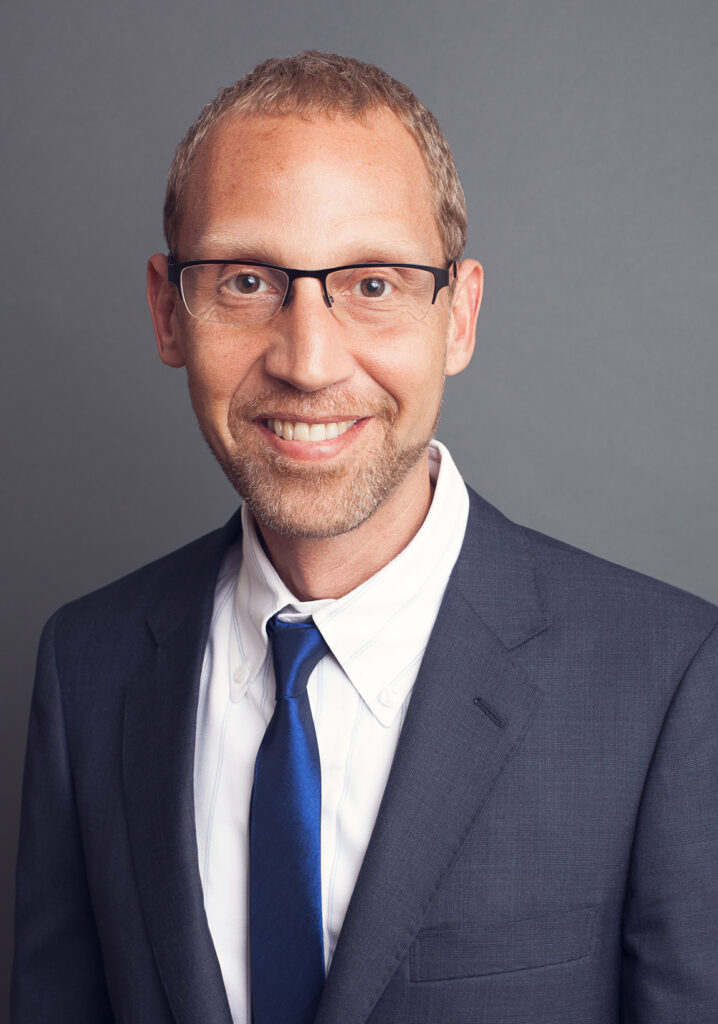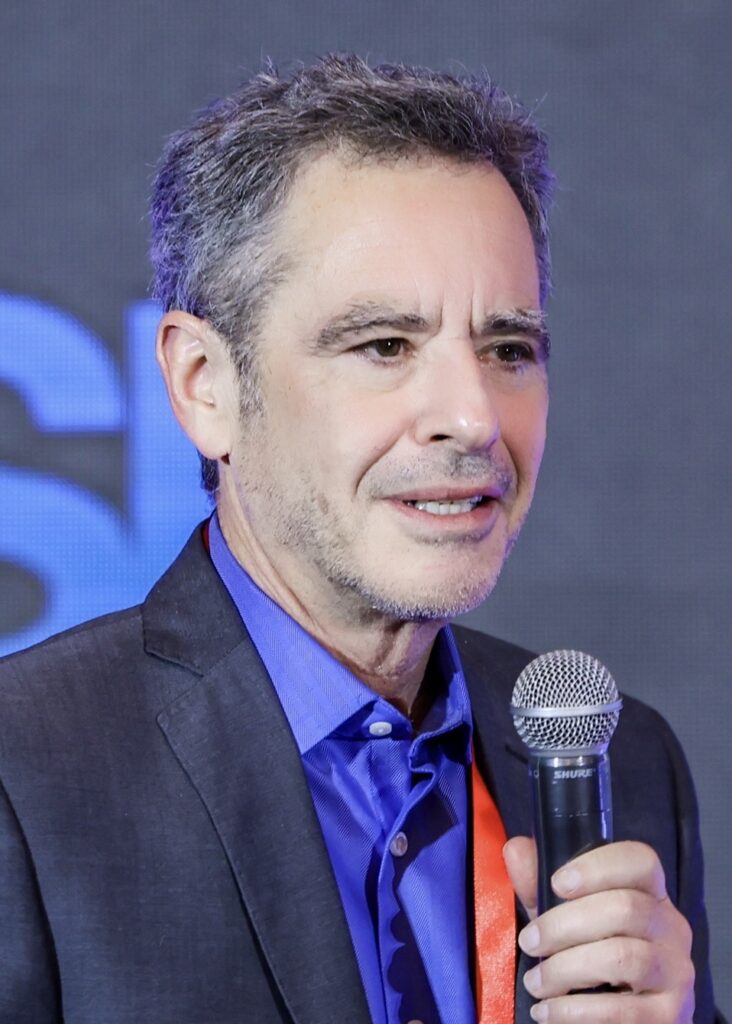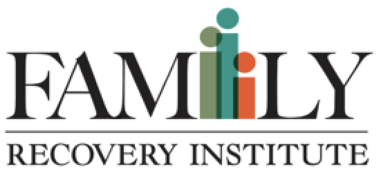NARRATIVE
Although DSM criteria for diagnosing paranoia involve externally observable traits, the speakers construe it as an intrapsychic process of disavowal and projection, often related to trauma and inadequate psychological separation from caregivers. Although most visible in psychosis, nonpsychotic paranoid states of mind are common. Dr. McWilliams will review scholarly literature and implications for treatment of nonpsychotic paranoia. Dr. Garrett will illuminate psychotic processes, emphasizing psychotherapy that combines CBT and psychodynamic approaches.
LEARNING OBJECTIVES
Upon completion of this workshop, participants at this workshop should be able to:
- Identify commonly understood persecutory paranoid dynamics (i.e., projection and denial of anger), as well as broader manifestations of paranoia involving projection and disavowal of other affects (e.g., erotomania, paranoid jealousy, megalomania, paranoid hatred).
- Summarize the suspected developmental and relational etiologies associated with paranoid dynamics.
- Relate paranoid thinking to inferred early modes of normal cognition.
- Recognize therapeutic stances that have been known to threaten paranoid patients (e.g., excessive sympathy, efforts to be neutral or abstinent to a degree that strikes the patient as inauthentic, efforts to prove one’s goodness).
- Describe therapist attitudes that can reduce shame and promote engagement with paranoid patients (e.g., unwavering respect, ruthless honesty, clarity about boundaries, acknowledgement of the grain of truth in projections).
- Develop skills in psychotherapeutic approaches to the treatment of patients with psychotic disorders, based on research from both CBT and psychodynamic perspectives.
COURSE OUTLINE—6 hours
8:30 – 9:00 am
Registration
9:00 – 10:30 am
Dr. McWilliams will explore the concept of paranoia, including the organizing subjective themes, the different subtypes of paranoid reactions (persecutory paranoia, paranoid hatred, erotomania, paranoid jealousy, megalomania), and defenses that define these phenomena.
10:30—10:40 am
Break
10:40 am—12:00 noon
Dr Garrett will discuss paranoia in patients with psychotic symptoms or tendencies, explicating its origins in normal early patterns of thinking, feeling, and perception. He will relate paranoia to contemporary neuroscientific models of predictive processing and conceptualize psychotic paranoia as involving disguised recollections of relational trauma.
12:00—1:00 pm
Lunch break
1:00—2:30 pm
Dr. Garrett will describe the value of integrating cognitive-behavioral therapy for psychosis (CBTp) and psychodynamic treatment in helping patients with psychotic conditions. He posits that CBTp can help patients consider the possibility that their delusional beliefs are literally false, while a psychodynamic approach can help them understand the figurative, metaphorical truth of their symptoms as authentic expressions of their state of mind and past history. He will give a detailed presentation of the first 16 sessions in the successful therapy of a chronically psychotic woman, unresponsive to medication, who for 20 years believed she had a horrible smell, and will show a video of her reflecting on her treatment.
2:30—2:40 pm
Break
2:40—3:30pm
Dr. McWilliams will introduce the concept of a psychotic level of personality organization, with empirical support for this construct and implications for treatment of individuals at this level of organization.
3:30—4:00pm
Questions from and conversations with participants. Clinical examples.
CONTENT CURRICULUM
-
- This workshop will expand the participants’ knowledge about paranoia and its relevance to outcome in psychotherapy, adding to clinicians’ knowledge about how to increase the solidity of the therapeutic alliance given the challenges to that alliance that paranoia often poses.
- Relevant empirical literature on treating paranoia suggests that a strictly biological approach is insufficient to help patients who suffer from the condition. Making a therapeutic relationship can be helped by the application of empirically demonstrated CBT for psychosis techniques and a general psychodynamic understanding of the meaning of paranoid symptoms. This knowledge should be helpful to therapists.
- The target audience is everyone who is working in the mental health field with patients who struggle with paranoia. Most therapists see some patients with paranoia over the course of their careers. Germane concepts will be explained simply enough that they will be accessible to participants who are beginners in the field, as well as to those with advanced knowledge.
- While the material is grounded in established research and clinical experience, discussion of trauma and paranoia may evoke emotional discomfort in some participants. There is also a risk that misapplication of psychodynamic or CBT interventions without adequate training may inadvertently heighten patient distress.
- Presenters will highlight how cultural and sociopolitical context influences the perception and diagnosis of paranoia. For instance, clinicians will be encouraged to differentiate between culturally adaptive beliefs and pathology, and to consider structural threats (e.g., immigration status, systemic racism) as legitimate contributors to hypervigilance. Diverse case examples will be used to illustrate how to tailor psychotherapeutic interventions across racial, cultural, and socioeconomic differences.
Bio:
Nancy McWilliams, PhD, ABPP, is Visiting Professor Emerita at Rutgers University’s Graduate School of Applied & Professional Psychology and practices in Lambertville, New Jersey. She is author of Psychoanalytic Diagnosis (1994, rev. ed. 2011), Psychoanalytic Case Formulation (1999), Psychoanalytic Psychotherapy (2004) and Psychoanalytic Supervision (2021) and is associate editor of both editions of the Psychodynamic Diagnostic Manual (2006, 2017). A former president of Division 39 (Psychoanalysis) of the American Psychological Association, she has been featured in three APA videos of master clinicians. She is on the Board of Trustees of the Austen Riggs Center in Stockbridge, MA. Her books are available in 20 languages, and she has taught in 30 countries.
Michael Garrett, MD, is Professor Emeritus of Clinical Psychiatry at SUNY Downstate Medical Center in Brooklyn, New York. He is also on the faculty of the Psychoanalytic Association of New York (PANY) affiliated with NYU Medical Center in New York City. He received his medical degree from the Albert Einstein College of Medicine and completed his residency training in Psychiatry at Bronx Municipal Hospital Center. He currently teaches and supervises clinicians doing psychotherapy for psychosis and is a consultant to several first-episode for psychosis teams in the United States and elsewhere. He has a particular interest in the integration of cognitive behavioral and psychodynamic treatment in the psychotherapy of psychosis, as detailed in a Chapter in Kaplan & Sadock’s Comprehensive Textbook of Psychiatry 11th Ed titled Individual Psychodynamic Psychotherapy and Cognitive Behavioral Therapy for Psychosis, and in his recent book, Garrett, M. (2019) Psychotherapy for Psychosis: Integrating Cognitive Behavioral and Psychodynamic Treatments. Guilford Press/New York.
COST:
CIP Members:
$150 early registration 10 business days prior to seminar; $180 after
Non-Members:
$180 early registration up to 10 business days prior to seminar, $210 after
CEs: 6 CEs for LMFTs, LCSWs, LPCCs and 6 CEs for Psychologists
The Community Institute for Psychotherapy is approved by the American Psychological Association to sponsor continuing education for psychologists. The Community Institute for Psychotherapy maintains responsibility for these programs and their contents.
Accommodations will be made wherever possible for those with disabilities. Please let us know of any disabilities upon registration to ensure proper accommodations are put in place prior to the workshop/training.
Cancellations must be received in writing 10 business days prior to the seminar, class, or first study group session for a refund minus a $25 cancellation fee. Cancellations less than ten days will not be refunded.













